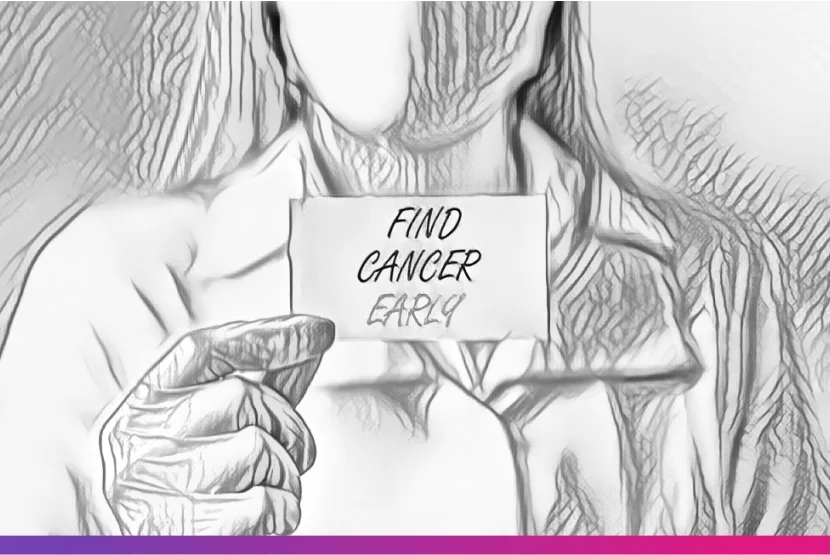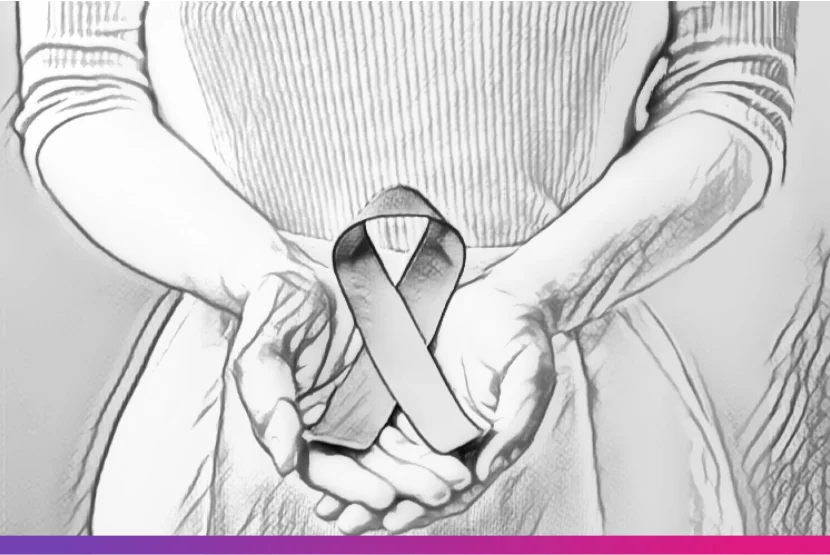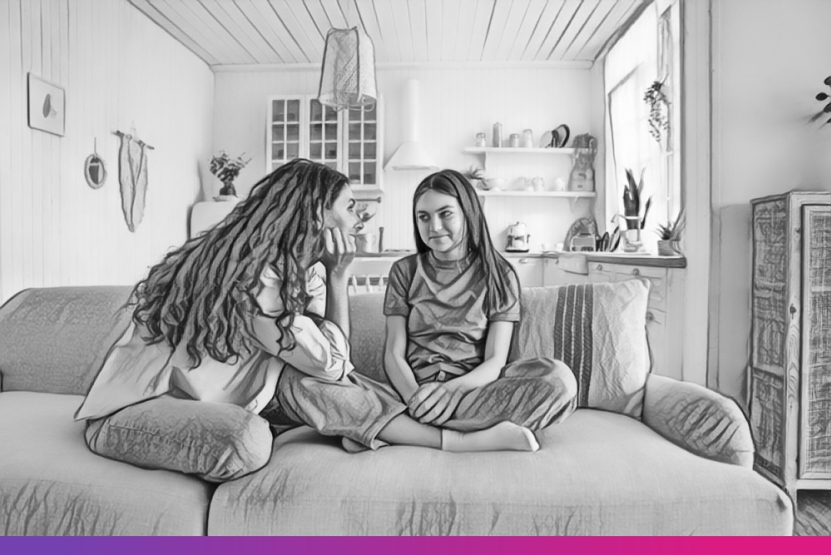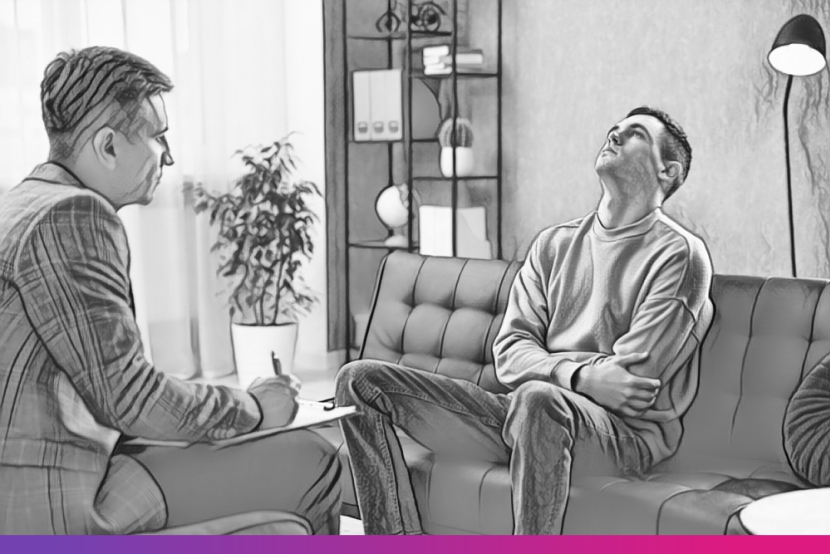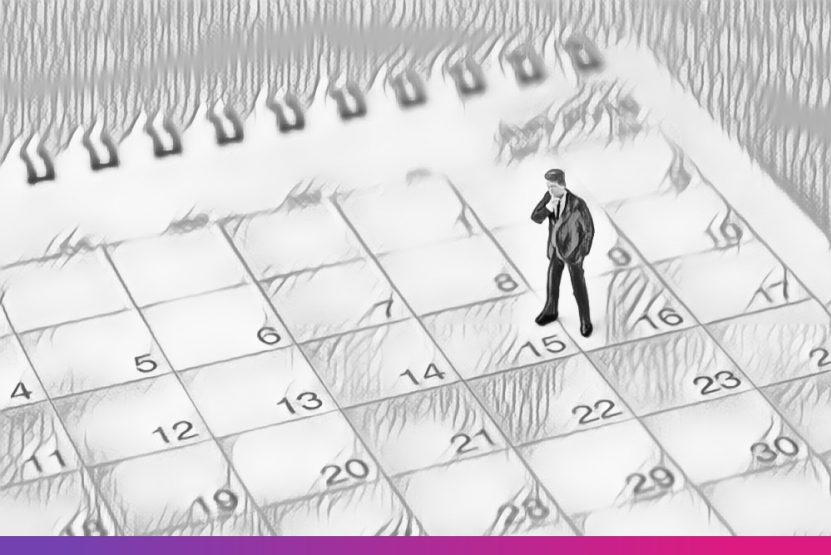Because sometimes, “wait and see” can mean the difference between early treatment—and a life changed forever.
Most of us have done it. We feel a strange ache, spot something unusual, or notice a change in our body—and we wait.
- “It’s probably nothing.”
- “I’ll see how it goes.”
- “I’m too busy right now.”
But when it comes to cancer, waiting can be costly—not just in money, but in health, time, and peace of mind.
This blog shares the real impact of delayed cancer diagnosis, stories of people who waited, and what we can learn from them. If this helps even one person act a little sooner, then it’s done its job.
When Early Could’ve Meant Easier
Story 1: A 36-Year-Old Engineer with Bowel Cancer
Ravi was an active, healthy professional. For months, he noticed blood in his stool—but assumed it was piles. He avoided talking about it, even with his wife.
By the time he saw a doctor, the tumor in his colon had grown large. Surgery became complex, and he needed multiple rounds of chemotherapy.
His words?
“I wish I had gone sooner. I would’ve saved myself the pain, the fear—and maybe even a few years.”
Early detection of bowel cancer could have meant a simple colonoscopy and polyp removal—something that could have been done in a single day.
Story 2: A 29-Year-Old Diagnosed with Testicular Cancer Too Late
Arjun felt a small lump but ignored it for weeks. It wasn’t painful, and he felt fine otherwise. “It’ll go away,” he told himself.
Three months later, the lump had grown. Diagnosis: Stage 2 testicular cancer, which had spread to lymph nodes.
With early self-exam and prompt treatment, Arjun could have had a simple surgery. Instead, he endured chemotherapy and a long recovery process.
He now speaks out to help other young men recognize the power of a 2-minute monthly self-check.
Why Do So Many People Wait?
- It’s not laziness—it’s fear, uncertainty, and everyday life getting in the way.
- “It’s probably just stress.”
- “I don’t have time for doctor visits.”
- “What if it’s something bad?”
- “I’m too young to get cancer.”
But cancer doesn’t wait. And the earlier it’s caught, the easier it is to treat—often without harsh treatment or long hospital stays.
The Real Cost of Delayed Diagnosis
More aggressive treatment – Late-stage cancer often requires chemotherapy, major surgery, or radiation.
Longer recovery times – Your body has to fight harder when cancer has spread.
Higher financial burden – Advanced cancer care is expensive, especially if it requires hospitalization or travel to a Cancer Treatment Center.
Emotional distress – Regret, fear, and “what if” thoughts take a mental toll.
Lower survival rates – Simply put: early-stage cancer has better outcomes.
At IOCI, one of the top Cancer Care Facilities in India, we’ve seen both sides—patients who caught it early and those who waited too long. And the difference? It's life-changing.
Lessons Learned: What You Can Do
1. Don’t dismiss symptoms
Blood in stool, unexplained weight loss, chronic fatigue, unusual lumps—none of these should be ignored. Trust your instincts.
2. Listen to your body
If something feels different, pay attention. You know your normal.
3. Talk to your doctor
Don’t fear the diagnosis. Fear the delay. Even if it’s nothing serious, the peace of mind is worth it.
4. Get screened
If you’re eligible for colonoscopy, mammogram, PSA, or any cancer screening—do it. Especially if you have a family history.
5. Choose the right care
Seek help from a recognized Advanced Cancer Treatment Hospital or Cancer Treatment Center where early detection is a priority and experts can guide you.
Final Thoughts: Waiting Is a Risk You Don’t Need to Take
You don’t need to panic over every symptom. But you do need to act when your body tells you something isn’t right.
The people who waited shared one regret: not going sooner.
The people who acted early? Most said it was the best decision they ever made.
So here’s your nudge:
Book that check-up. Ask the question. Get the answer, because when it comes to cancer, time isn’t just valuable—it’s everything.
Know. Act. Win.





